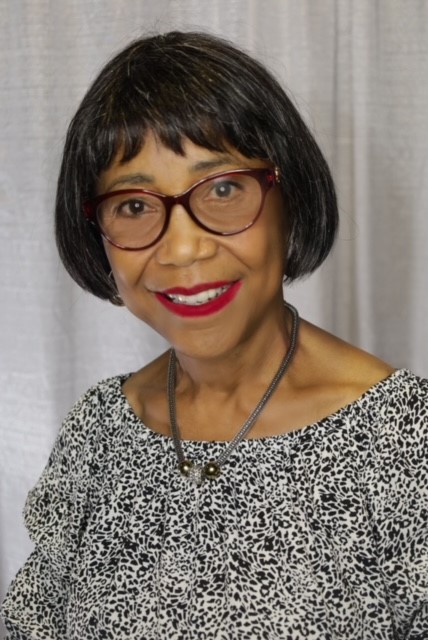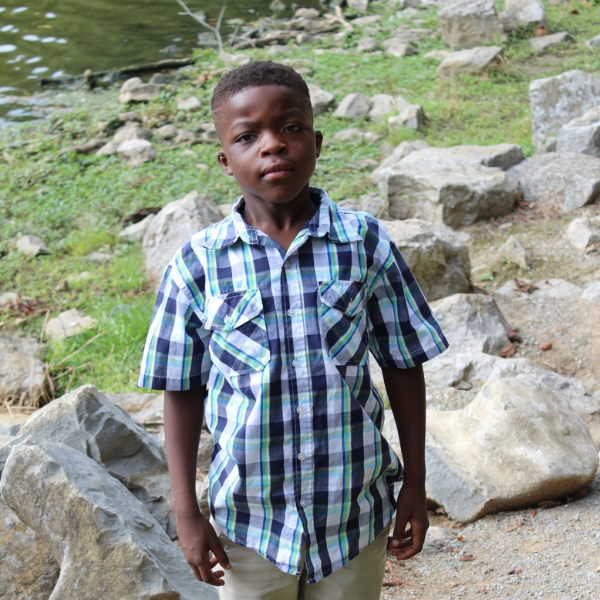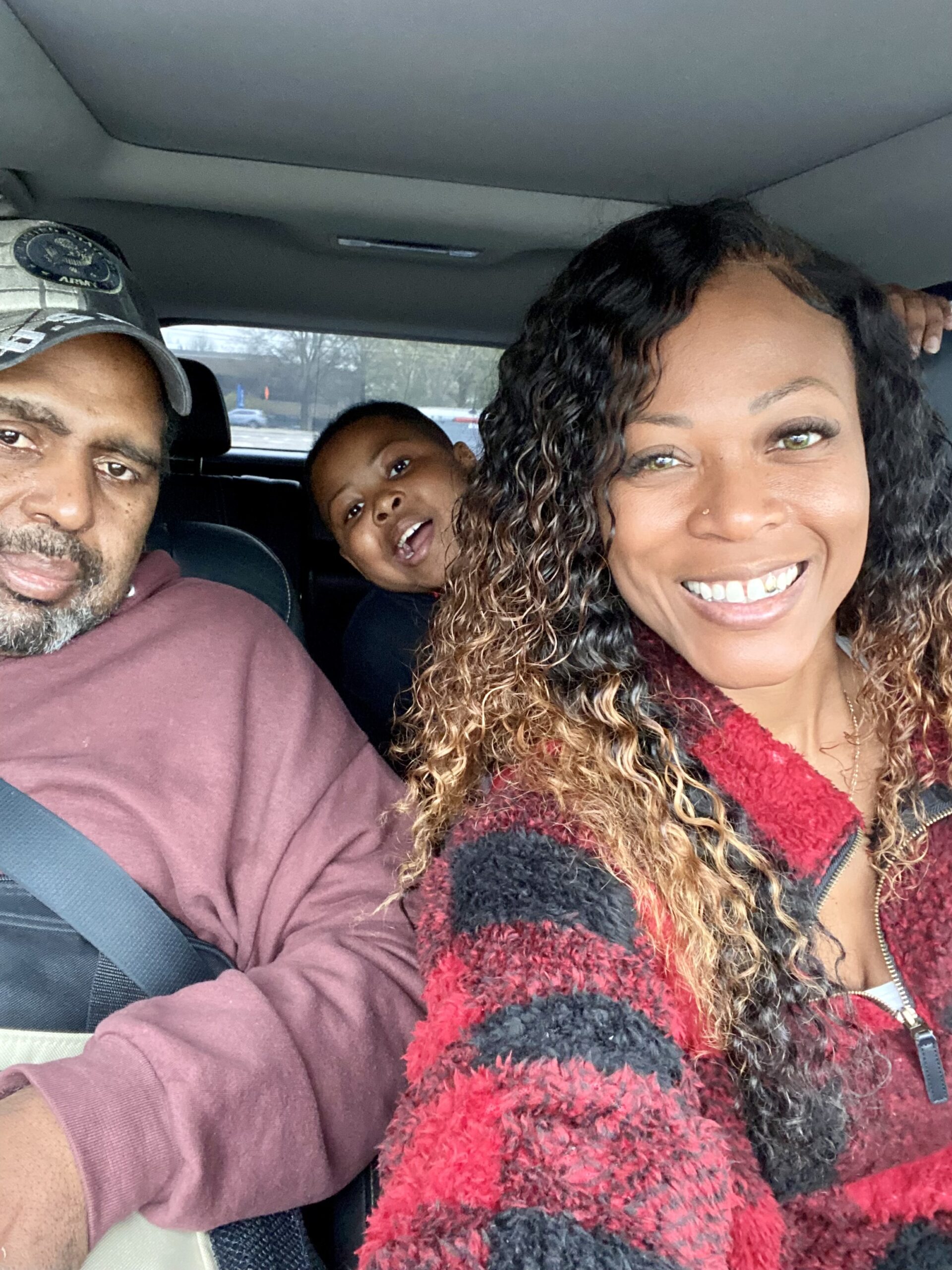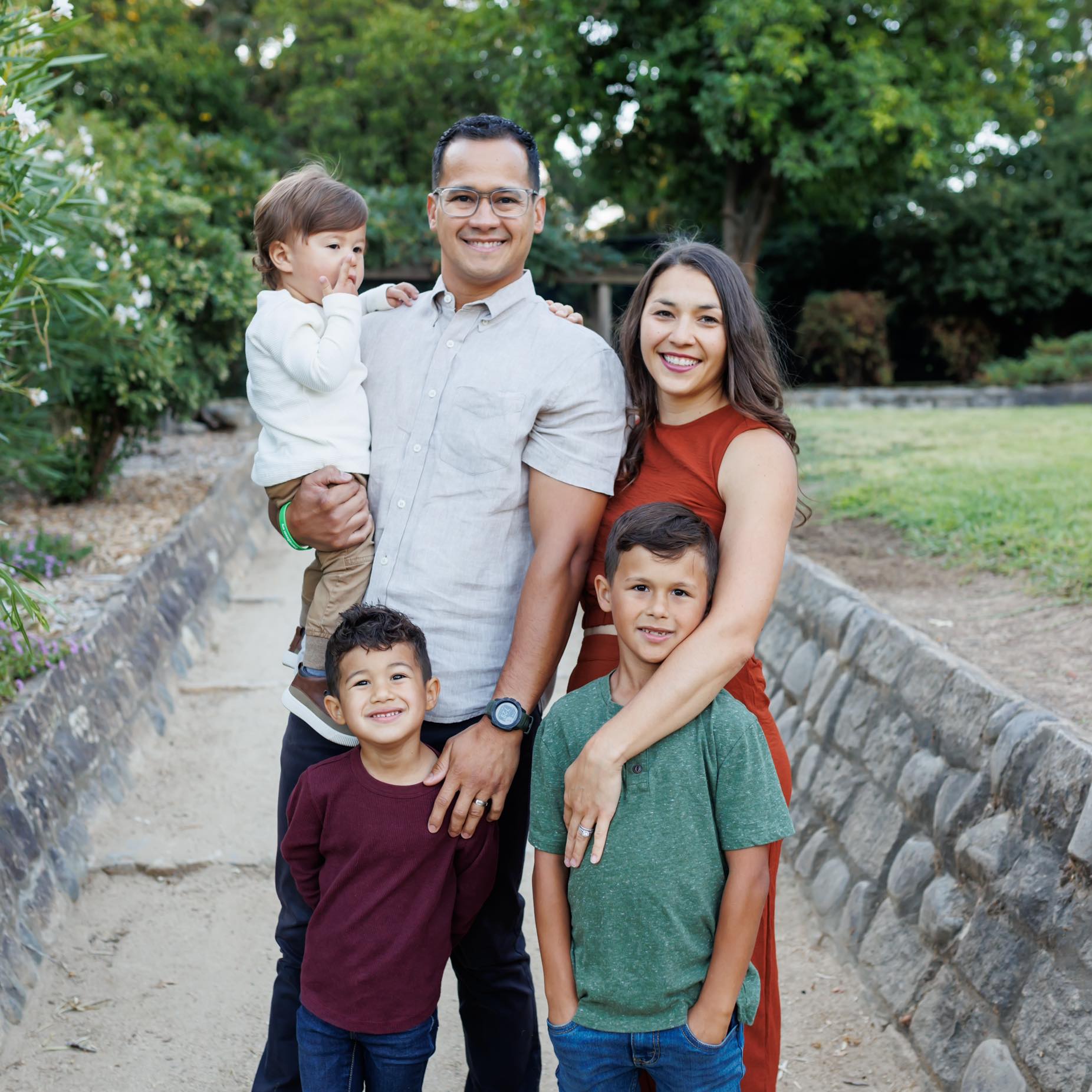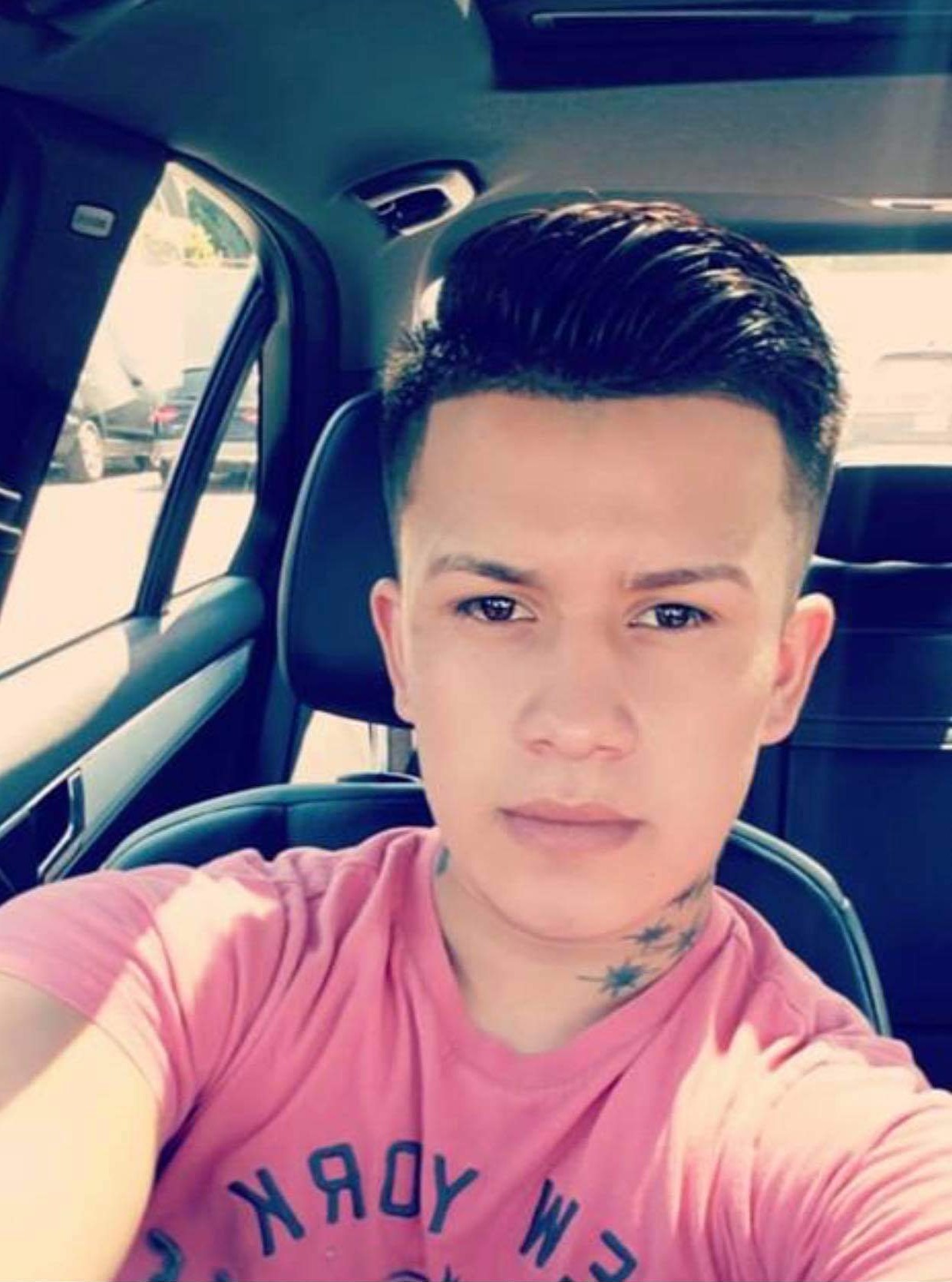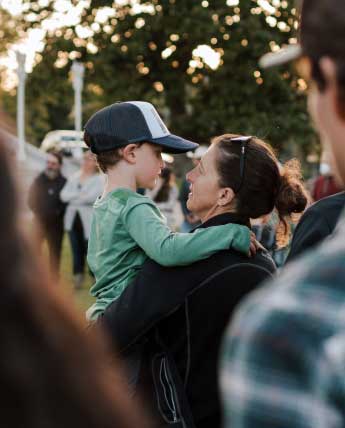Communities of color

Addressing the need
People of all ages, races and ethnic backgrounds can donate their organs and tissues.
Although organs are not matched according to race or ethnicity, recipients and donors of the same ethnicity are more likely to match. Even more importantly, studies show that transplants may be more successful when organs are matched between members of the same ethnic and racial group.
Particularly in communities of color, medical and societal distrust create barriers to donation.
Resources for African American families

African American Donor Family and Recipient Stories
Black and African American
Black and African Americans make up only 12% of the nation’s population and 17%* of Tennessee’s. Yet, Black patients account for more than 27% of those on the national transplant waiting list and nearly 44% waiting in Tennessee.
Certain types of organ failure occur more often in communities of color, and Black or African Americans are three times more likely to have kidney failure compared to white Americans. Currently, more than 28,000 African Americans are waiting for their lifesaving organ transplant. More than 90% of those patients need a kidney and will wait for an average of five years while on dialysis. More than 1,200 of those patients are in Tennessee alone.
Although the need is critical, medical skepticism and societal distrust of organ donation have created barriers to African Americans registering as donors.
The need for African American organ, eye and tissue donors is critical. Please register today.
*17% of Tennesseans identify as Black or African American alone or in combination with another race (U.S. Census Bureau, 2020).
Resources for Hispanic/Latino/x families

Hispanic/Latino/x Donor Family and Recipient Stories
Hispanic/Latino/x
Hispanic or Latino people make up nearly 19% of the nation’s population, yet, on the national transplant waiting list, Latinos account for more than 23% of waiting patients. In Tennessee, 4% of those waiting are Hispanic.
Latinos are more likely to suffer from diabetes, heart disease and obesity at disproportionately high rates, putting them at risk for organ failure. Language barriers, mistrust, lack of awareness, concern for immigration status, and limited access to care are barriers to Latinos becoming organ donors.
The need for Hispanic/Latino organ, eye and tissue donors is critical. Please register today.
Para obtener más información, haga clic aquí.

